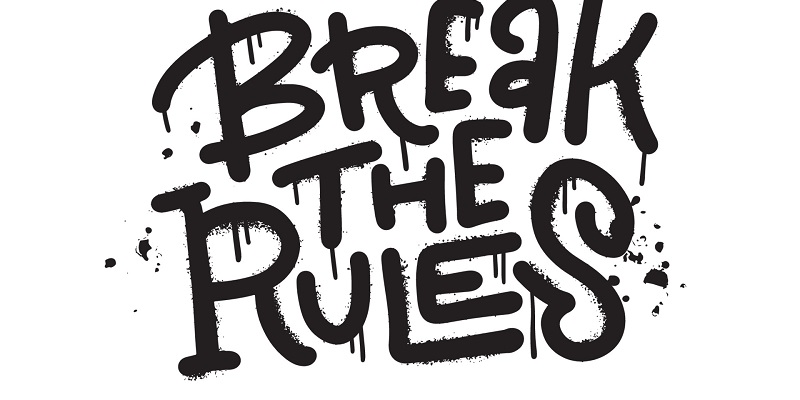In today’s competitive business world, customer satisfaction is more than just a buzzword; it is a critical component of success. Customers have more choices than ever before, and if they don’t feel valued by a company, they will take their business elsewhere. One way to ensure that customers feel valued is to empower employees to “break the rules” for them.
Empowering Employees to “Break the Rules” for Customers
The concept of “breaking the rules” for a customer may sound dangerous and out of control. After all, rules are put in place for a reason, right? However, when rules become a barrier to providing excellent customer service, employees should be given the ability to find ways to help customers.
In reality, employees who go beyond the strict boundaries of company policies and procedures to help customers are not breaking any rules. They are finding ways to take care of the customer. By giving employees the freedom to do what is best for the customer, companies can show that customers are valuable and their satisfaction is a top priority.
Importance of Training Employees on What They Can Do
One of the keys to successfully empowering employees to “break the rules” for customers is through proper training. However, training is not just imparted in one session to tell employees what to do or not to do. It is more about continuous training and providing opportunities for employees to learn from each other.
Continuously sharing stories to help employees recognize opportunities can be a powerful tool in training them. Sharing examples of what other employees are doing to meet customer needs helps employees identify their opportunities to delight customers. For instance, by sharing a story where a customer service representative went above and beyond the call of duty to help a customer, other employees may be inspired to do the same.
Routinely sharing examples of rule-bending is another way companies can empower employees to go above and beyond for customers. Encouraging employees to share their own success stories can also create a culture of customer service excellence.
Examples of Ways Employees May “Break the Rules” to Help Customers
Some examples of “breaking the rules” might include honoring a warranty that expired a month ago or providing a refund for a product that was not purchased at that store. These actions may seem counterintuitive, but they could be the key to retaining a customer’s loyalty and trust.
Retail Organizations with Flexible Return Policies, Such as Nordstrom
Some retail organizations, like Nordstrom, have easy, no-questions-asked return policies. This sets them apart as a company that is committed to customer satisfaction. While not every company can offer a policy like Nordstrom’s, there are other ways to show customers that they are valued, such as by being flexible and willing to work with them to find a solution.
Making Customers Feel Valued and Willing to Return
Ultimately, the goal of empowering employees to “break the rules” for customers is to make them feel like the company is on their side, willing to be flexible and provide them with reasons to say, “I’ll be back!” By providing excellent customer service, companies can build strong relationships with their customers, which can lead to increased loyalty and sales.
Teaching Employees to Get as Close to the Line as Possible Without Crossing It
Of course, there is a line in the sand that employees are not allowed to cross. This is where training and clear communication from management come into play. By teaching employees what they can do to get right up to the line without crossing it, companies can empower them to provide the best possible service to customers while still adhering to company policies and procedures.
In conclusion, empowering employees to “break the rules” for the customer is not only a way to provide excellent customer service, but it is also a crucial element in building a strong relationship with customers. Training employees on what they can do, sharing success stories, and creating a culture of customer service excellence are all essential components of this process. When done correctly, companies can create loyal customers who not only return but also recommend the company to others.

